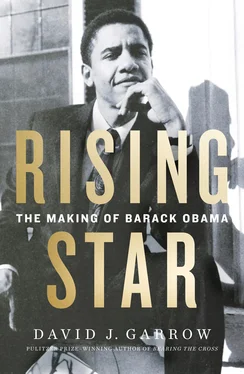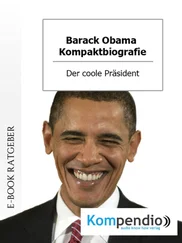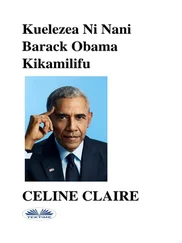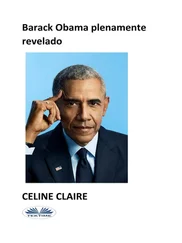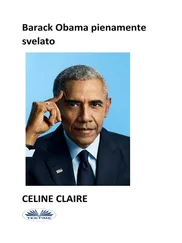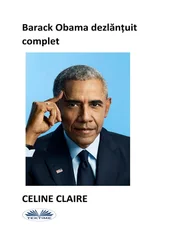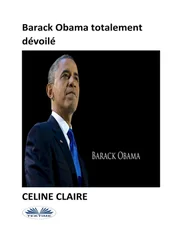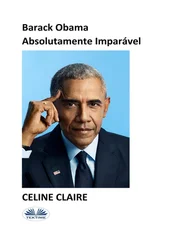For decades, U.S. Steel’s South Works, located well north of 95th Street, had been the unchallenged behemoth of the Calumet region’s steel mills. Its 1973 workforce of ninety-nine hundred had shrunk to seventy-four hundred in 1979, fifty-two hundred in early 1981, and then forty-eight hundred in the spring of 1982, but in September 1982, U.S. Steel chairman David M. Roderick announced that the company would build a new rail mill at South Works thanks to concessions from both USW Local 65 and the state of Illinois. The new facility would add up to one thousand jobs, and completion was targeted for late 1983. “If we were going to be shutting down South Works, we wouldn’t be building the rail mill here,” Roderick assured Chicago journalists and state officials. Six months later the USW accepted an openly concessionary contract, hoping that laid-off workers would be brought back. Then, in May 1983, Roderick reversed himself and told U.S. Steel’s annual meeting that South Works might indeed be closed due to the impact of environmental regulations on such an aged plant. The same week that Roderick spoke, a comprehensive survey of Southeast Side neighborhoods showed “a job loss rate of 56 percent since 1980” and “an unemployment rate of 35 percent.” 21
In late May, more than 150 IACTers and other antidumping protesters descended upon WMI’s annual meeting in tony suburban Oak Brook. The protest drew significant press attention, and next the IACTers—who had revised their name to Irondalers to Abolish the Chemical Threat, rather than just “Against”—blockaded the entrance to WMI’s large Calumet Industrial District (CID) landfill south of 130th Street, creating a backlog of scores of garbage trucks. Chicago police, unsure whether the remote location was in Chicago or instead in Calumet City, made no arrests. In the meantime, Mary Ellen Montes, who was seeking an appointment with the city’s new mayor, met with his sewer commissioner on June 10, and six days later the IACTers again blocked the CID entrance. This time Chicago police had a map, and seventeen of the sixty protesters were arrested, including Lena. Her mother Petra spoke to reporters, and Moriarty and others went door to door in South Deering to raise bail money.
Everyone was released in time for a 10:00 A.M. meeting the next day with new mayor Harold Washington. At least one woman showed Washington the visible bruises she had from her arrest, and the mayor agreed to speak at an IACT meeting in South Deering. By midsummer, IACT had access to a crucial meeting place which previously had been denied it: St. Kevin Roman Catholic Church, on the east side of South Torrence, just north of the rusting Wisconsin Steel plant and by far the neighborhood’s largest church. Up until early 1983, St. Kevin’s pastor had been Father Bernard “Benny” Scheid, a notoriously hateful and sometimes drunken political ally of Alderman Vrdolyak. Two years earlier, when the Chicago Sun-Times had publicly exposed the extent of then-Cardinal Cody’s financial misdeeds, Scheid wrote a letter to the paper’s editor warning him to “get your affairs in order. We pray for your sudden and unprovided death every day.”
Fortunately for IACT and South Deering, Scheid’s successor was Father George Schopp, who for several years had worked with Greg Galluzzo and UNO as pastor of St. Francis de Sales Parish on the East Side. Schopp was inheriting a parish that included not only Lena and Alma, but, far more menacingly, Scheid’s buddies and Vrdolyak precinct captains like Foster Milhouse (“we used to call him Fester Outhouse,” Schopp recounted) who were “kind of a goon squad.” But Schopp was already familiar with Vrdolyak’s iron grip control of Southeast Side politics, and his arrival at St. Kevin dramatically altered the parish’s political role, as all of Chicago would soon see.
In late August, Harold Washington announced that he was blocking WMI’s attempt to open a landfill in Big Marsh as well as a proposed expansion of the nearby existing Paxton Landfill on East 120th Street. Then, on Wednesday evening, August 24, Washington came to South Deering to speak to an IACT-organized crowd of some six hundred people packed into St. Kevin’s large basement hall. As the Tribune’s headline the next morning put it, “Washington Invades Ald. Vrdolyak’s 10th Ward Turf.”
Both George Schopp and Dennis Geaney, Leo’s associate pastor from St. Victor, were worried about what Benny Scheid and Vrdolyak’s lackeys might try to do, so Schopp asked a number of supportive priests to stay close to Scheid. As reporters scanned the crowd and a television crew set up their camera, Scheid “assured me that he would work over the crowd by telling them that Washington was an ex-convict and still a big crook,” Geaney recalled a few weeks later. Once Washington arrived and the meeting got under way, Geaney happened to sit beside Petra Rodriguez, “who told me that the chairperson was her daughter, Mary Ellen Montes. This tiny woman steered the tight ship of 600 people like a seasoned sea captain. Benny and the 10th Ward Regulars never got an opening.” Scheid “got up and started blustering, trying to berate Mary Ellen,” Schopp recalled, but Lena was unbowed and the hecklers were silenced.
Washington was a powerful and emphatic speaker, and he took control of the crowd. “There is an over-concentration of waste facilities in this community” and the multiple dumps posed a significant danger. “I am appalled things have gone this far.” Washington singled out WMI by name: “I believe this company has a horrible record of violating the public trust and endangering the public health,” he said. “We’ll do whatever it takes to get to the bottom of this. We’re investigating this now. Apparently Waste Management has quite a bit of influence over certain key people,” an obvious allusion to Vrdolyak, who had received at least $18,500 in political contributions from WMI.
As Washington concluded, the crowd rose to give him a standing ovation, but Lena, standing beside him, immediately intervened: “The meeting’s not over yet, Mr. Mayor. We’re not finished.” She then sternly insisted that Washington give a yes or no answer to each of five specific IACT demands for city action, and as she recited them, Washington smilingly said “yes” each time. After her fifth one—“Are you committed to stopping Waste Management?” to which Washington responded, “Yes, I am”—Lena reached up, “threw her arms around him and kissed him” on the cheek, as 10:00 P.M. news viewers all across Chicagoland soon witnessed. Washington looked smitten. “Now I know why she is your leader. She’s quite a politician,” he told the crowd. To Lena herself, the mayor was even more complimentary: “Boy, you’re a tough woman. I don’t want to mess with you. I’ll do anything you want me to do,” and Washington gave her his private home phone number.
Observers were blown away by Lena’s aplomb. “It was an impressive performance by Mary Ellen,” environmental expert Bob Ginsburg remembered. “She held him there until he agreed” and “it made UNO a citywide player” operating from the veritable backyard of a powerful city council figure who had already become Washington’s greatest political nemesis. “It was a big deal.” Dennis Geaney felt likewise: Lena “was too astute to let him use his charisma as a substitute for hard answers.” Phil Mullins, who had just succeeded Bob Moriarty as UNO’s IACT organizer, was astonished. “It was an awesome meeting…. It was amazing. It just changed everything.” 22
George Schopp felt the backlash, “big time…. It sent Vrdolyak off the wall.” Former alderman and Vrdolyak ally John Buchanan told the priest, “You’re part of a Communist conspiracy.” Different repercussions came from beyond the neighborhood. The CID landfill below 130th Street received almost two-thirds of Chicago’s garbage. It and the older Paxton Landfill at 122nd Street were essential sites; after all, the city’s waste had to go somewhere. The chairman of the Zoning Board of Appeals saw the Southeast Side locations as simple common sense: “from a land use point of view, that is an area that has become dedicated to this type of business.” The other most relevant city official viewed WMI in economic development terms: “Their proposal is no different from a steel mill starting to expand. I’m looking at it as an industry expanding, and we need jobs.” The Chicago Association of Commerce and Industry agreed, which led to a Tribune headline saying “Dumping Ban Called Threat to Business.” Unlike with landfills, the city had no regulatory authority over the SCA incinerator at 117th Street, and in early October the Reagan administration’s Environmental Protection Agency (EPA) gave what the Tribune called “the largest commercial toxic waste incinerator in the United States” a permit to burn PCBs inside Chicago’s city limits. The chemical waste company confidently declared: “This is a state-of-the-art incinerator. It will not pose a health threat to residents.” 23
Читать дальше
